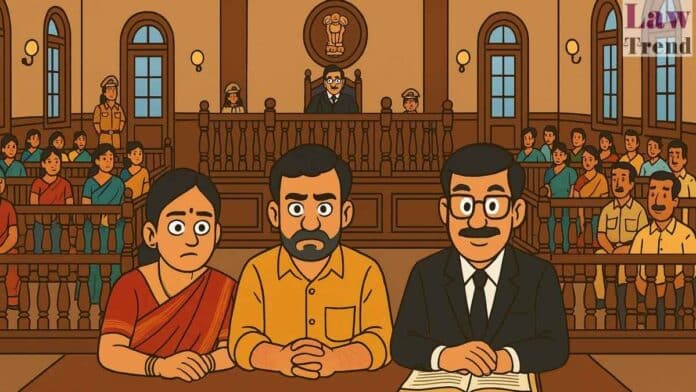The Delhi High Court has admonished a husband for his misconduct during matrimonial proceedings and held him guilty of criminal contempt for misbehaving with the counsel representing his estranged wife. The Court directed him to tender an oral apology in open court and imposed costs of ₹1,00,000 to be paid to the petitioner. The judgment
To Read More Please Subscribe to VIP Membership for Unlimited Access to All the Articles, Download Available Copies of Judgments/Order, Acess to Central/State Bare Acts, Advertisement Free Content, Access to More than 4000 Legal Drafts( Readymade Editable Formats of Suits, Petitions, Writs, Legal Notices, Divorce Petitions, 138 Notices, Bail Applications etc.) in Hindi and English.




